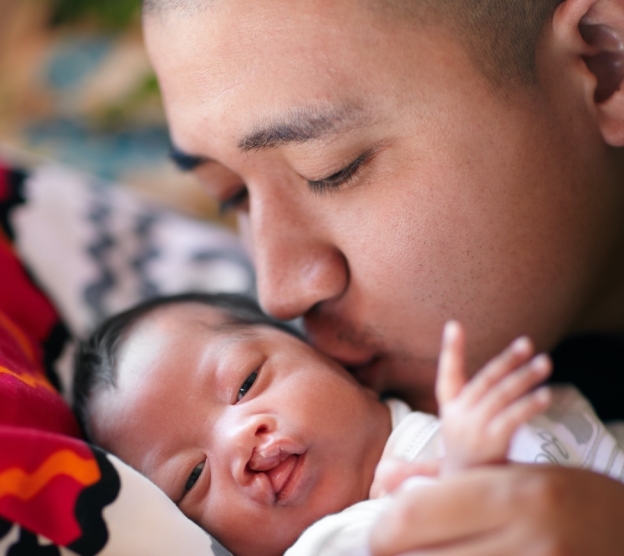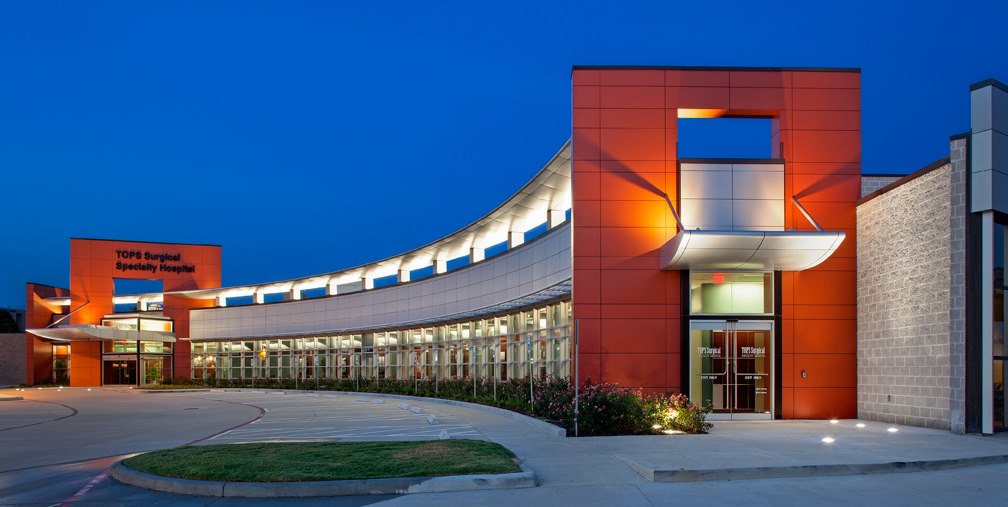
When people think of plastic surgery, they may think only of cosmetic surgery. Over the years, plastic surgery has been perceived as an elective treatment such as breast implants, facelifts, and tummy tucks. However, plastic reconstructive surgery offers incredible benefits to those who have been injured, have undergone necessary life-altering surgery, or suffer from a genetic condition that causes disfiguration.
Plastic reconstructive surgery is performed to correct abnormalities of the face and body as a result of injury, infection, tumors, birth defects, disease, developmental issues, or aging. The goal is to achieve a combination of aesthetic and functional correction.
This blog will take a closer look at plastic reconstructive surgery. We’ll also help you understand whether you or a loved one is a good candidate for this type of procedure.
There are many different types of plastic reconstructive surgery. The most common categories include breast reconstruction (after a mastectomy), wound care (skin grafting, etc.), microsurgery/flap procedures, foot/hand surgery, and facial surgery. Some examples include mammoplasty, cleft lip and palate repair, septoplasty, lymphedema treatment, orthognathic surgery, craniofacial surgery, and gender confirmation surgery.
Unlike cosmetic surgery, plastic reconstructive surgery addresses abnormalities affecting a person’s quality of life. Some cosmetic procedures may be combined with reconstructive procedures to achieve stronger results. For example, blepharoplasty (eyelid surgery) and fat grafting are often added to reconstructive procedures. The treatment plan varies from person to person.

If you have one of the conditions mentioned above or any other physical issue that affects your quality of life, you qualify for plastic reconstructive surgery.
It’s important to note that the risk of a poor surgical outcome increases if you smoke, have an impaired immune system, or have reduced circulation at the site of the surgery.
Openly and honestly communicate your medical history to your surgeon. This will help them create an effective treatment plan that doesn’t jeopardize their health.
While some plastic reconstructive surgeries are extremely invasive, others are not. Depending on the procedure, you may be able to return to work/school right away, or it could take several weeks or months for you to recover.
Make a list of relevant questions you want to ask your surgeon. Don’t hesitate to discuss as many details as you want. A thorough consultation will help you gain peace of mind and prepare for the surgery.
Recommended Webpage: Plastic Reconstructive Surgery
At TOPS Surgical Specialty Hospital, we’re a trusted physician-owned hospital in North Houston that provides patients with a variety of procedures, from mammograms to orthopedic surgery. If you’ve suffered from disfiguration due to surgery, injury, or a genetic disorder, perhaps plastic reconstructive surgery is right for you. Our team of plastic reconstructive surgeons will be more than happy to provide you with the counsel you need to make a smart decision.
Visit our website to find the right plastic surgeon near you. We also have a dedicated team of orthopedic surgeons, gastroenterologists, podiatrists, pain management specialists, and urologists on board. As a hospital that puts patient care first, we prioritize your well-being and help you get quality treatment.

Phone: (281) 539-2900
Fax: (281) 715-4525
7 Day a Week 24 Hours a Day
Driving Directions